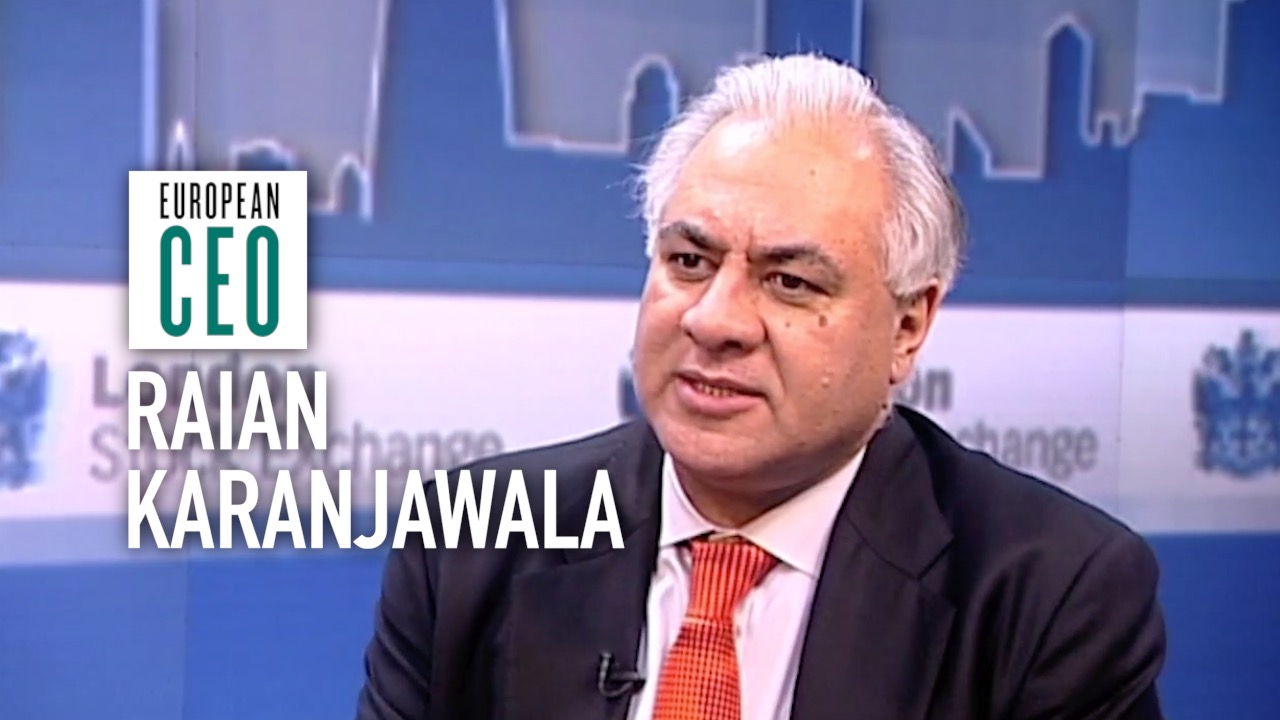Nancy McKinstry: ‘Any discussion is a positive discussion when you’re trying to promote women’ | Video
European CEO talks to Wolters Kluwer CEO Nancy McKinstry on how to encourage more women into leadership positions
Transcript
Sheryl Sandberg’s book Lean In sparked controversy around the world, calling on women to embrace a family as well as a work life. But is this call to action really realistic? Wolters Kluwer CEO Nancy McKinstry believes any discussion about how to get more women in to leadership positions is positive.
European CEO: How do you define success in your personal and professional life?
Nancy McKinstry: To me success is really about achieving my goals. I’m a very results-oriented person in general, but every year I sort of think about, you know, certainly what do I want to accomplish from a business perspective, but even what do I want to accomplish in my private life, with my children and my husband. And you sort of, you know, have a plan. And for me success is, can you achieve what you set out to at the beginning of each year?
European CEO: Do you think Sheryl’s book [Lean In] and subsequent firestorm helped the cause of women in the workplace?
I actually subscribe to the theory that any discussion is a positive discussion where you’re trying to promote women
Nancy McKinstry: I actually subscribe to the theory that any discussion is a positive discussion where you’re trying to promote women. And while you might not agree with every approach, the goal being to get more women in the upper ranks of business is a goal I support; it’s a goal that I’m working very hard at within my world of Wolters Kluwer. We have an active talent management programme so that whole drive to get more women is one I’m fully behind. How people debate the nuance of these programmes I find kind of intellectually interesting, but I think just in general, the more discussion, the more focus, is a positive.
European CEO: Does the mantle of being the most successful woman in business make people take you more seriously?
Nancy McKinstry: In my business it’s really been a transformation story. So I think what’s made me successful at Wolters Kluwer is that I really understood the business when I was confronted with starting as a CEO, and really figuring out how we would change from a traditional publisher into a provider of online and software services. And so, I think it was really that combination of having the respect and the competency around what we needed to do, was frankly more critical than anything that was going on on the outside in terms of, you know, being acknowledged as a leader. It was really… getting the team inside the company to rally behind this transformation was absolutely critical.
European CEO: What’s your opinion on ‘having it all’? Is it a cliche you think worth holding onto?
Nancy McKinstry: I don’t think anybody really has it all, right? And I think the definition of what is ‘all’ has certainly changed in my 25 years in business. I think my advice to younger employees that are working their way up the corporate ladder – whether they’re male or female – is a couple of things. One is, they really have to deliver results. I mean in the end, that’s what your shareholders are paying you to do. You need to be able to deliver that. Second is that you can create a balance between, you know, having a family life and having a successful career, but you have to be willing to know that some days you’re going to have to give more to your company than maybe your family. Then other days you’ll give more to your family than maybe your company.
But the concept that you’re going to be able to be full stop in both arenas is tough for anybody to do. And frankly, the more you rise to the top of any organisation, the more you have to be really thoughtful about the support network you put around you. Because jobs at the very top are extremely demanding, and so you have to have some kind of support network to make it work.
European CEO: Going back to your earlier point, you’ve been credited with taking charge of Wolters Kluwer when it was facing a crisis; could you have accomplished so much without a supportive family?
I credit a great deal of my ability to really focus 100 percent of my attention on the transformation at Wolters Kluwer to the support I had from my husband and my kids
Nancy McKinstry: No. I think in fact, for me, a couple of things were going on. One is, we had this quite challenging transformation that we were embarking on at the time. And we needed to act very quickly, and really invest to drive the business digitally. And at the same time I was moving my family from New York City to the Netherlands, so you have all those adjustments as an ex-pat going in. So I credit a great deal of my ability to really focus 100 percent of my attention on the transformation at Wolters Kluwer to the support I had from my husband and my kids. It was very instrumental in just being able to accomplish what I needed to on the work front.
And in fact one of the things – you’ll find this interesting – that I say is, we move. You know, as I mentioned we have this talent management programme at Wolters Kluwer, and whenever we’re moving into an ex-pat situation, whether it’s American coming here, European going to the US or Asia, you know one of the things I say is, the family has to be happy. If the family is happy, you have a very high probability of the situation working out. If the family is not happy, very very tough for the employee to accomplish their goals. So we actually think very hard about that at our company, in terms of you know, giving employees as much support as we can during these kind of transitional moves.
European CEO: Do you have to be likeable to win people’s respect as a leader?
Nancy McKinstry: I don’t think you have to be likeable to win their respect, but I do think being liked by your employees and your team certainly allows you to get even higher results. You know? It’s been my experience that most employees want to be treated with mutual respect, and they want to feel excited about where the company is going, and they want to feel appreciated for their contributions to the overall success. So I think, if you can embody those values in how you deal with people, you’re much better off than just working on the element of respect. I think there’s a lot to be said for respect plus, you know, motivation and drive towards a common goal.


 Employ women, solve more problems
Employ women, solve more problems Where have all the women gone? Martha Lane Fox on the tech startup scene | Video
Where have all the women gone? Martha Lane Fox on the tech startup scene | Video Raian Karanjawla on success | Karanjawla and Co | Video
Raian Karanjawla on success | Karanjawla and Co | Video